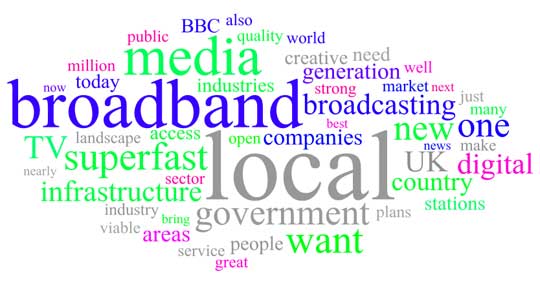The government outlined its plans for structural reform this week, including a timetable for media reform from the Department for Culture, Media and Sport (DCMA).
Jeremy Hunt, Secretary of State for DCMS, writes in the report that he hopes to “roll back media regulation” in order to “encourage investment and create the conditions for sustainable growth”.
Plans for local media include a relaxation of the rules governing cross-media ownership by November this year and for the first of Hunt’s local TV stations to be licensed by summer 2012, with a target of creating 10 to 20 new stations by the end of parliament.
Actions laid out in the plans include changes to the media regulatory regime by reforming Ofcom and deregulating the broadcasting sector. Measures to scale back Ofcom’s duties are planned as part of a Public Bodies Reform Bill and Communications Bill, with the legislative process set to begin by November 2012.
Hunt also plans to agree the terms of a new licence fee settlement between July 2011 and April 2012.
He said these plans aim to give the public an idea of the programme to follow, but that much “broader ambitions” will be set out in the autumn in a spending review.


